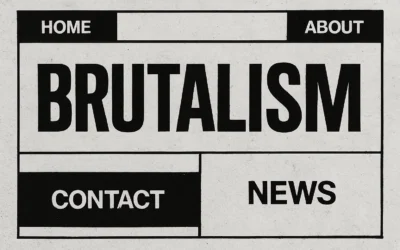This interview was conducted by Clark Buckner from TechnologyAdvice. They provide software comparisons on employee engagement software platforms, tools for gamification in the workplace, crm implementation strategies and much more.
Claire Lew, CEO of Know Your Company, talked with TechnologyAdvice’s Clark Buckner at the 2014 Converge FL conference about her company’s mission: “to help people become happier at work.”
[soundcloud url=”https://api.soundcloud.com/tracks/177832251?secret_token=s-wh25L” params=”color=ff5500&auto_play=false&hide_related=false&show_comments=true&show_user=true&show_reposts=false” width=”100%” height=”166″ iframe=”true” /]
Buckner referenced an earlier video interview that Lew had with The Iron Yard’s Giovanni Difeterici, where she talked about what’s most essential for business success is often what’s most taken for granted too: its people.
Cheesin' at my first podcast interview with @ClarkBuckner @Technology_Adv in sunny Jacksonville #ConvergeFL! pic.twitter.com/CB8X0cET2S
— Claire Lew (@clairejlew) November 7, 2014
She understands why companies trend that way because “you become so heads down in the day-to-day of either running a business or doing the work itself.” She then lists every item that is so often prioritized over employee engagement: customers, products, services, competitors, the market, needed assets, profit margins, etc.

3 Questions for Better Feedback
Her life mission coalesces nicely into Know Your Company’s goals. She wants to discover the best way to get people working happily together toward a common goal. To that end, she offered three basic questions that can help any worker become better at providing helpful feedback:
1) What’s the outcome I want to see happen?
Sometimes the answer is readily apparent: “I don’t want my boss to micromanage me.” At other times, a worker may need to carefully consider what they really want from a boss or co-worker. Knowing what you ultimately want to see occur will help you offer better feedback leading to actual results.
2) How do I want the other person to feel after hearing my feedback?
Though we may fool ourselves into thinking, “It’s just business,” you’re going to see or interact with your managers and co-workers for many days, months, or years on end. To a certain degree, their feelings do matter. On this point, Lew said, “I want [a co-worker] to feel positive. I want her to feel like she can actually make the change.”
3) What’s in the way?
Between the issue at hand and the possible solution, what hurdle stands in the way? For instance, if a person who feels micromanaged always gets defensive when asked about his or her work, that’s a hurdle that needs to be addressed in a positive manner.
When asked about how to approach business associates, who can have a wide variety of personalities, with delicate but necessary feedback, Lew says that it’s extremely important to tell the truth, but to make the issue the issue. In other words, “You can’t make it about the person.” She elaborates:
Every time you’re giving feedback to someone, you should say things like, ‘From my perspective,’ ‘Based on what I saw,’ ‘Based on how I’m feeling,’ or ‘This is what the company means,’ or ‘This is what the project requires.’ You’re talking about the work itself [and] maybe the company, but you’re not talking about the person. That’s how you can bypass some sticky situations.
Claire is really cool. “@wilreynolds: Behind the scenes at #ConvergeFL w/ @cjlew23 pic.twitter.com/9vKyfbXHWL” @KnowYourCompany
— Clark Buckner (@ClarkBuckner) November 7, 2014
To learn more about increasing happiness at your job or to learn better employee engagement strategies, visit KnowYourCompany.com, email Claire Lew at claire[at]knowyourcompany.com, or connect with her on Twitter @cjlew23 or @knowyourcompany.
TechnologyAdvice also released this research that is relevant to this interview: Survey: Do Office-Based Employees Want Digital Engagement Programs?





0 Comments